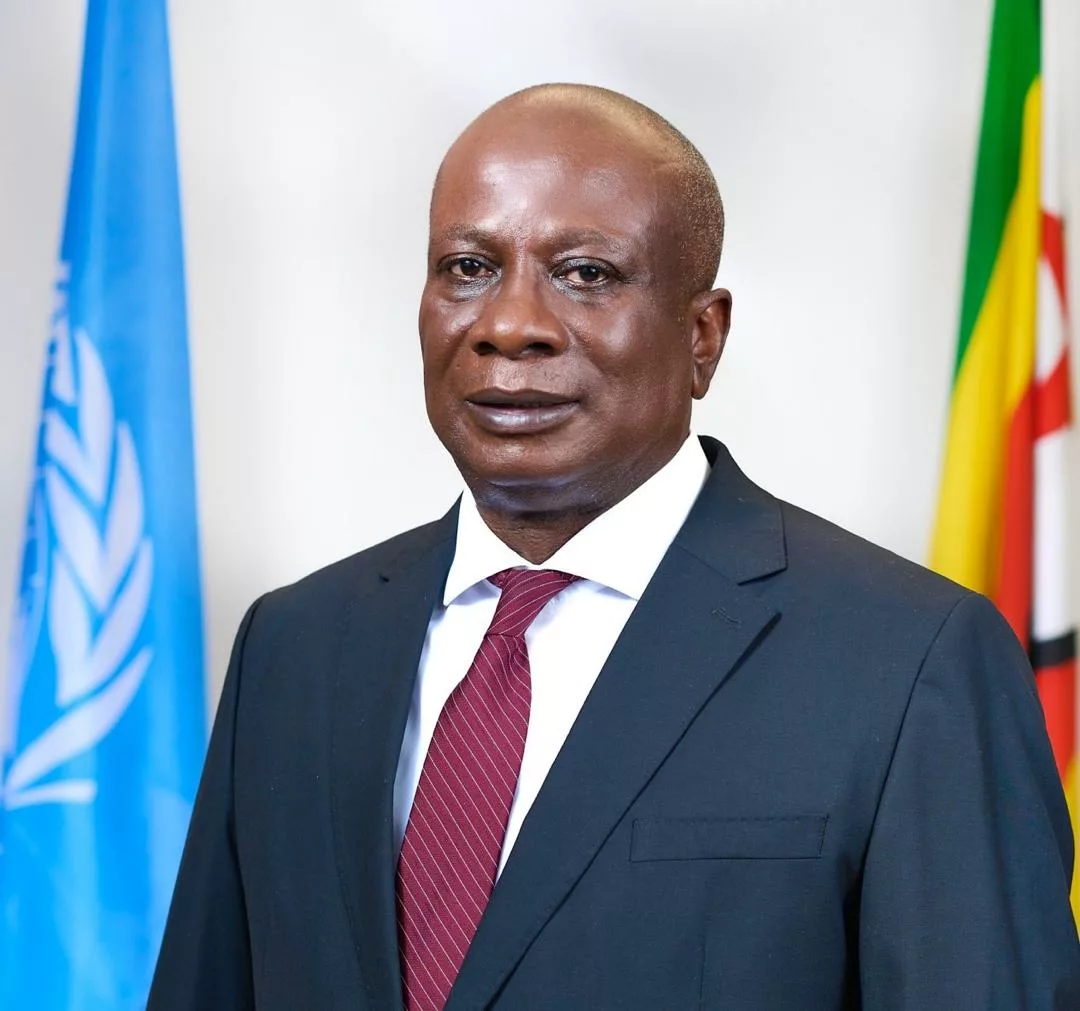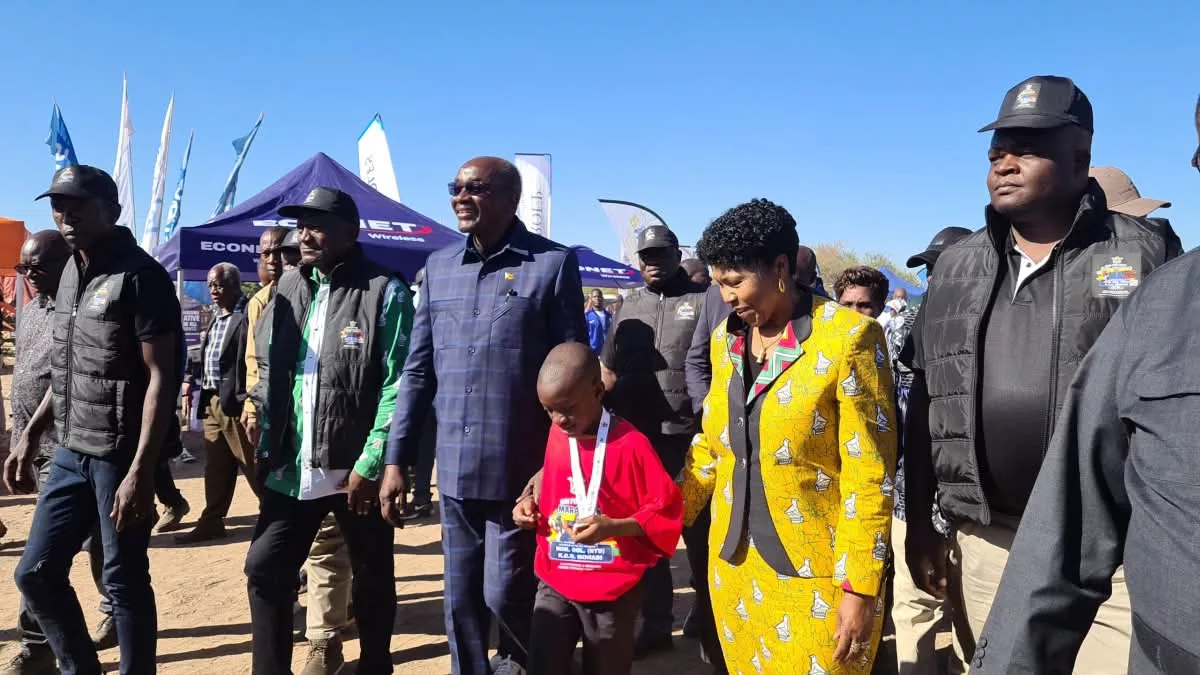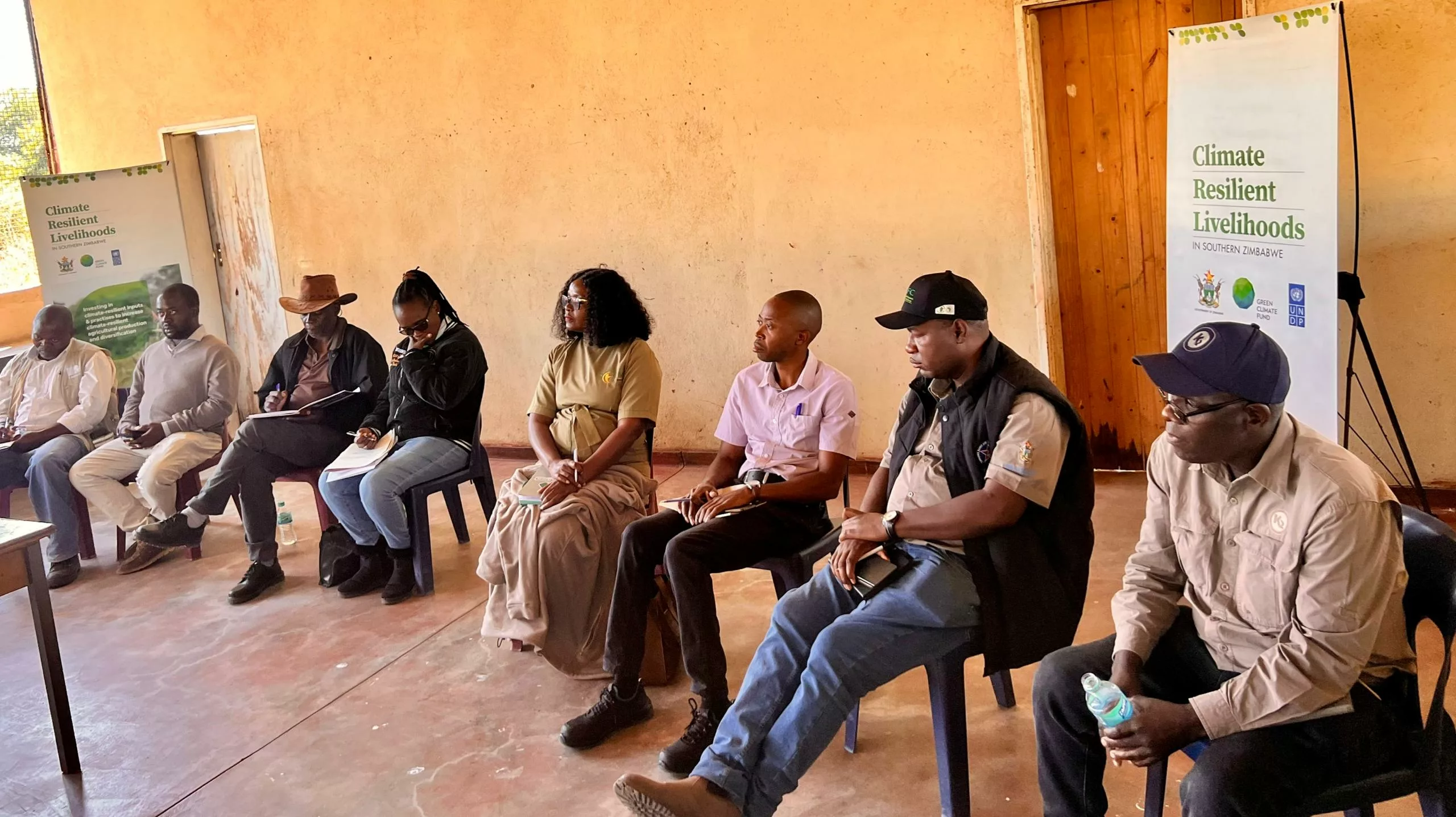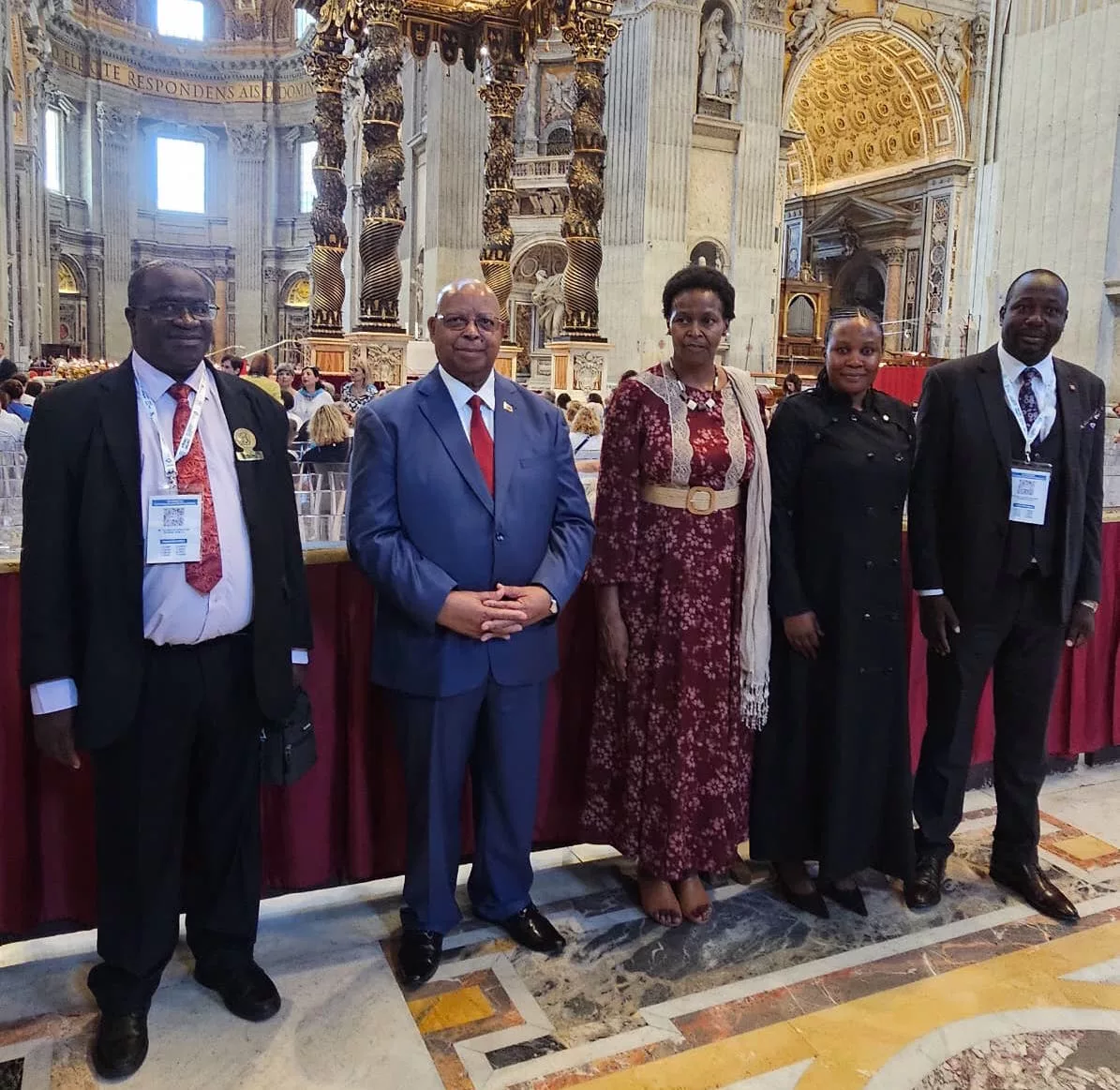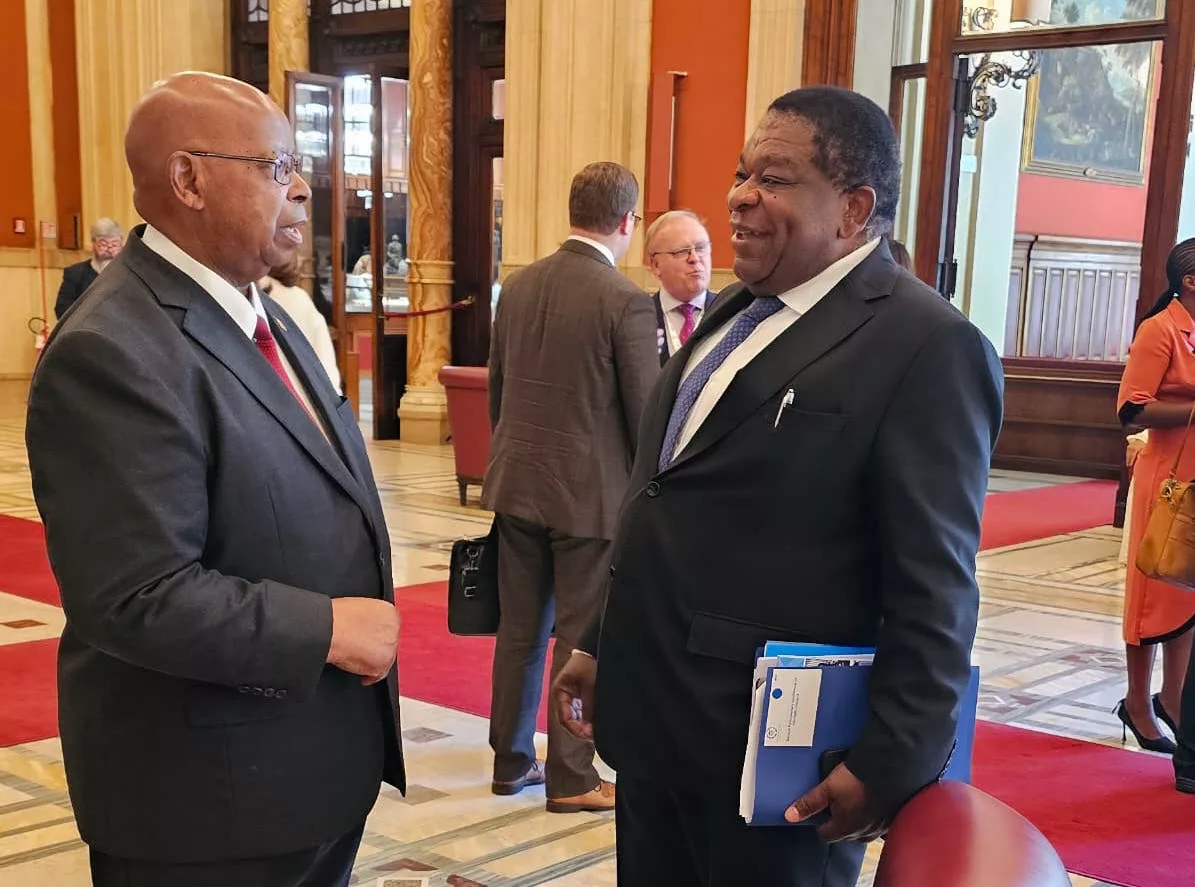|
Getting your Trinity Audio player ready...
|
HE Edward Kallon, the Zimbabwe UN Resident and Humanitarian Coordinator, has rallied stakeholders to ensure environmental sustainability, climate action, and food security as part of efforts to achieve sustainable development goals (SDGs).
This emerged at the 2024 SADC Regional Commemoration of World Environment Day Theme: “Land Restoration, Desertification, and Drought Resilience” held at the Geo Pomona Waste Management Site in Harare yesterday.
Addressing the gathering, His Excellency Mr. Edward Kallon said environmental sustainability and climate action are among today’s most pressing challenges.
“This day is crucial for the SADC region to collectively reflect on how best to tackle these urgent issues. With up to 40% of the planet’s land degraded, directly impacting half of the world’s population, and the number and duration of droughts increasing by 29% since 2000, urgent action is needed. Droughts could affect over three-quarters of the world’s population by 2050. The impact on our region is evident, with severe droughts, floods, and the devastating Cyclone Idai affecting millions and causing over USD 1 trillion in damages since 1990,” HE Kallon said.
The UN has embarked on several initiatives to support Zimbabwe in achieving its developmental goals. This includes the Zimbabwe Idai Recovery Programme, funded with USD 72 million from the World Bank and led by the UN Office for Project Services, which involved FAO, IOM, UNESCO, UNFPA, UNICEF, UN Women, WFP, and WHO. The project’s outcomes have been handed over to relevant Government authorities.
Resilience-building schemes have supported over one million people in 23 vulnerable districts with initiatives worth over USD 100 million, financially supported by the EU, Sweden, and the UK. This programme has ended, and the UN has established a resilience framework to build on its gains.
The other initiative is community asset building through conservation agriculture, water harvesting, and small-scale irrigation using simple infrastructure such as weir dams and solar-powered pumps for horticulture which is important for household food security and income generation.
The new USD 45 million UN Joint Programme on Renewable Energy, with USD 10 million from the UN SDGs fund and additional private sector blended funding, began implementation this year. The “Solar for Health” initiative has installed solar power in 1,053 health facilities, significantly enhancing maternal and child health services.
The UN is spearheading the promotion of behavioral change among farmers to adapt to diverse crops that are drought-tolerant, including sorghum, sweet potatoes, groundnuts, beans, and soya beans, as well as resilient livestock varieties like small ruminants.
The ongoing UN humanitarian flash appeal of USD 430 million addresses the urgent needs of drought-affected people. Concurrently, the UN delivers approximately USD 500 million annually in various sustainable development projects supporting the National Development Strategy.
The Way Forward:
To build a sustainable and resilient economy, HE Kallon said Zimbabwe must:
- Strengthen policy/legal frameworks in agriculture and land management, including sustainable land use planning and incentives for sustainable farming and agro-forestry.
- Scale up resilience and community asset-building initiatives, focusing on young people and climate-resilient farming practices such as water harvesting and management technologies.
- Enhance research and development – agronomy and crop research, introducing drought-tolerant crop varieties and seeds, and optimizing productivity. The youth can play a vital role in this.
- Strengthen early warning systems and information dissemination for timely weather and climate data to farmers, leveraging ICT for greater accessibility, especially in rural areas.
- Invest in climate-smart, environmentally friendly local institutions, and markets to ensure sustainable food security.
Collaborative Efforts:
HE Kallon said the responsibility to address these challenges cannot fall solely on the government and the First Lady. The private sector, civil society, media, and especially the youth must play their parts and he said:
- The private sector should lead in sustainable production and invest in the green economy, which is the next growth area.
- Civil society and the media must continue monitoring, advocating responsible production, and raising public awareness on consumption practices like reduce, reuse, and recycle.
- Young people, as the majority and future of our society, must actively participate in ensuring environmental sustainability. We must include them in planning, implementing, and reviewing environmental programs.
“Scientists have repeatedly warned that climate change is leading to devastating consequences. Without addressing climate change, achieving the Sustainable Development Goals and national development plans will be impossible.
“Allow me to conclude with a quote from the UN Secretary-General, António Guterres, on WED: ” Inaction is too costly. But swift and effective action makes economic sense. Every dollar invested in ecosystem restoration creates up to thirty dollars in economic benefits. We are Generation Restoration. Together, let’s build a sustainable future for land, and for humanity.” End of Quote,” he added.


